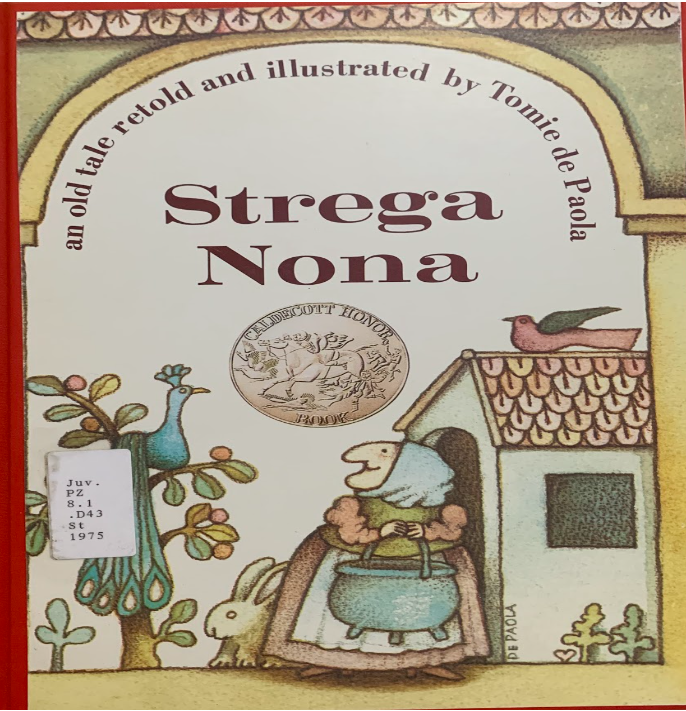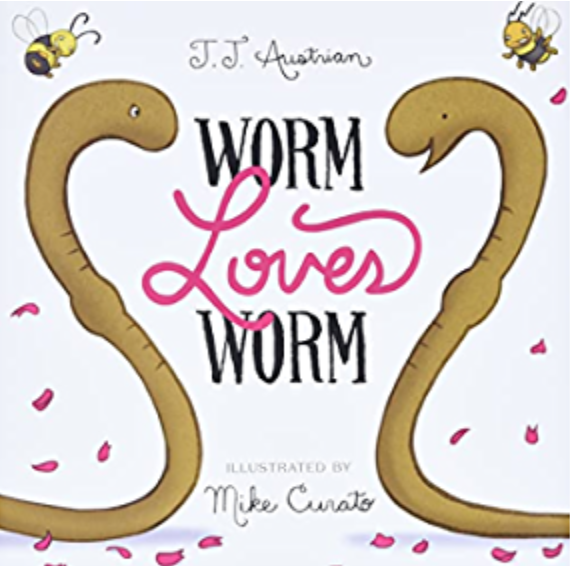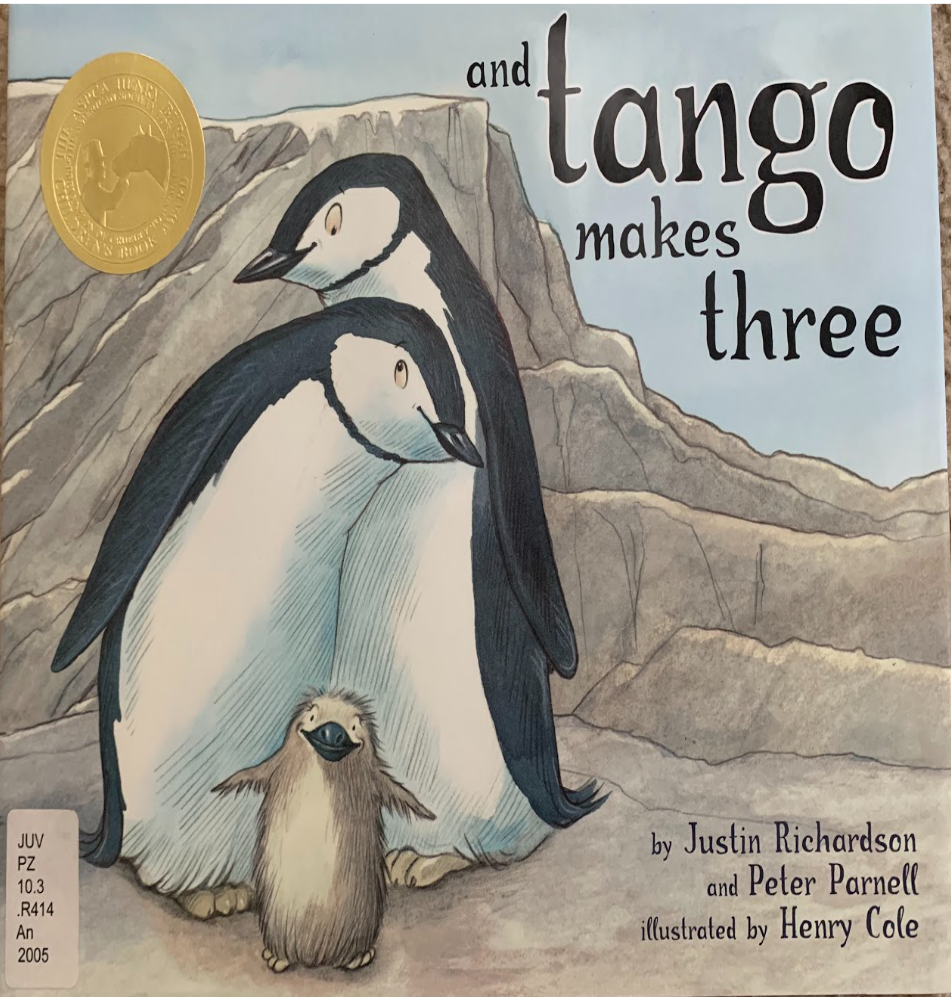As a culture war wages onward across America, a wave of book bans has reached classrooms and libraries across the country. The bans have resulted in uproars as those silly leftists rage against the prohibition of their false idols. I, for one, think banning children’s books is a good thing. First and foremost, I do not believe that children should read. It’s dorky and it’s a dying art. If we want our children to grow into strong-willed, productive and free-thinking American citizens, then we simply should not expose them to any thinking whatsoever. Reading permits children to absorb other ideas, molding them into sheeple who will never be true patriots.
If we really value intellectual freedom in our children, if we really want to protect them from liberal indoctrination, then we should be raising them in glass bonsai jars until they reach voting age. In complete isolation, the children will develop their own sense of self, unlike the liberal sheep who allow themselves to be brainwashed.
Unfortunately, despite my several eloquent phone calls and brilliantly worded emails to the United States Department of Education, this idea hasn’t caught on yet. Until then, I suppose the book bans will have to do. As a concerned American and former daycare employee I decided to break my firm “no reading” stance and read some of the books that have been challenged in our country. I reviewed them based on how “woke” I found them and whether or not I think they’re acceptable for children under five.

Strega Nona (Italian folktale, told by Tommy DiPaola 1975)
This horrific anti-capitalist story about an old Italian woman and her apprentice who accidentally makes too much spaghetti has been challenged for its depictions of witchcraft. I dislike this about Strega Nona, that she uses witchcraft in order to enchant her pot to multiply spaghetti as she laughs in the face of a God who intends for pasta to be finite. Enchanted spaghetti would NOT be permitted in my classroom, political correctness be damned.
However, the real villain of this tale is Strega Nona’s groundskeeper, a woke Marxist named Big Anthony who uses Strega’s “magic” pot to feed the poor masses of Calabria. Big Anthony is captured by the socialist fallacy that all people, regardless of economic status, are deserving of food. Big Anthony’s communist plot falls apart as the enchanted spaghetti continues to multiply, coating the city in a thick layer of pasta.
This is where I find Strega Nona as a character to be somewhat redeemable. Upon returning to Big Anthony’s mess, she stops the socialist spectacle of pasta production and requires Big Anthony to eat the remaining pasta as punishment. Big Communist Anthony then becomes the spectacle, as the townspeople watch him receive his comeuppance.
While I ultimately enjoyed the whimsical art style and delightful depictions of twelfth century Calabria, I feel as though this book is certainly for a more mature audience than the typical preschool classroom. Big Anthony is rightfully punished for his attempts to feed the poor, however, the element of witchcraft is still present. If used in a classroom, Strega Nona should be accompanied by a rigorous curriculum about the wonders of capitalism, free market and trickle-down economics as well as the terrors of witchcraft, which is bad because I don’t understand it.
This book gets two out of five God-fearing, unenchanted and unseasoned spaghetti dishes, earned by the fruits of hard labor rather than through Marxist schemes.

Worm Loves Worm (J.J. Austrian, 2016)
This book about two woke genderless worms who get married has been challenged for LGBTQIA content.
As far as I’m concerned, good. Marriage is between one man and one woman and there is no place for invertebrates in ANY marriage.
As the two worms, who are both named Worm, make plans to spend their little lives together enriching soil and absorbing nutrients, their garden-inhabiting peers are kind enough to help them plan an elaborate wedding. Unfortunately, the ungrateful and entitled liberal worms initially refuse to wear a wedding dress and tuxedo, using the ludicrous excuse that they “don’t have heads” or “hands.” Ultimately, however, both worms agree to both be the bride and the groom, as if that’s possible, with one wearing a tophat and a dress and the other wearing a suit and bridal veil. Sickening.
When the sensible wedding officiant Cricket brings up that this sort of mixing and matching is a deviation from the norm, the irrational worms purport that they will simply “change how it’s done,” as if two silly leftist worms are capable of undoing centuries of tradition.
As far as I see it, these cartoon invertebrates completely mock the sanctity of marriage. How confusing it must be for a child to have to understand which worm is being referred to when both worms are named Worm. Next thing you know, the left will be forcing all of us to use worm pronouns. As a patriot, I personally will not stand for it and will fight back against any woke worm mobster who tries. I actually have a concealed carry permit for a garden trowel, should this very occasion arise.
We also shouldn’t be deluding children into the idea that love is uncomplicated. In fact, we shouldn’t be introducing our children to the concept of love at all. It makes them soft. As far as I see it, don’t tell your children you love them, don’t hug them, don’t even make eye contact with them. You may be inadvertently ensuring their future membership in the soft and sensitive world of wokeness. That’s why they’re in the jars, remember?
This book receives zero out of five woke wedded worms.

And Tango Makes Three (Justin Richardson and Peter Parnell, 2005)
This manifesto about two gay penguins who love each other and their daughter was banned for “homosexual overtones.”
Let’s put the gay stuff aside for a second: penguins are terrible masculine role models. They are content to be stuck at home watching the egg, cuckolded from their masculine destiny as the mommy penguin goes out and does the man’s job of acquiring food for the homestead. Gay or straight, we should not be introducing our young boys to this kind of penguin-esque thinking at all. I suggest we ban all books which feature penguins in any capacity. It’s not right and it’ll give our kids funny ideas.
Personally, I was appalled by the depictions of penguins falling in love with other penguins and starting little penguin families. This sick and depraved content is completely unfit for children, especially when both of the penguins are boys. We should not be introducing children to sexuality of any kind, let alone that of soyboy flightless seabirds. As a matter of fact, we should all get divorced and take on completely ascetic and celibate lifestyles so as not to accidentally introduce our children to topics of sexuality before we let them out of their jars.
What also bothers me is the amount of time and attention that penguin dads Roy and Silo give to their daughter Tango. That’s what’s wrong with kids today. Tango’s “only child” mentality will eventually lead her to being an entitled, bleeding-heart snowflake adult who spits on traditional American values and milks the teat of the state.
In short, I would not allow young people to have access to this book for the mention of penguins alone. This book should actually be withheld from students until the postgraduate level due to its obscene avian content.
This book gets zero out five gay penguin egg-surrogates.
I think I’ve given ample evidence of the twisted agenda the left wants to push onto our kids through “reading.” If our children’s future contains ridiculous fallacies like “love” and “acceptance,” then we flag-wavers have a lot of work to do. My plans include drafting legislation to ban both reading and thinking for individuals under 25, as well as to really keep pushing for the Kornblum Kids-In-Jars Act of 2024. And if anyone from the Department of Children and Families is reading this, I definitely don’t have any kids in jars in my basement, so don’t come looking. I carry (a small shovel)!

